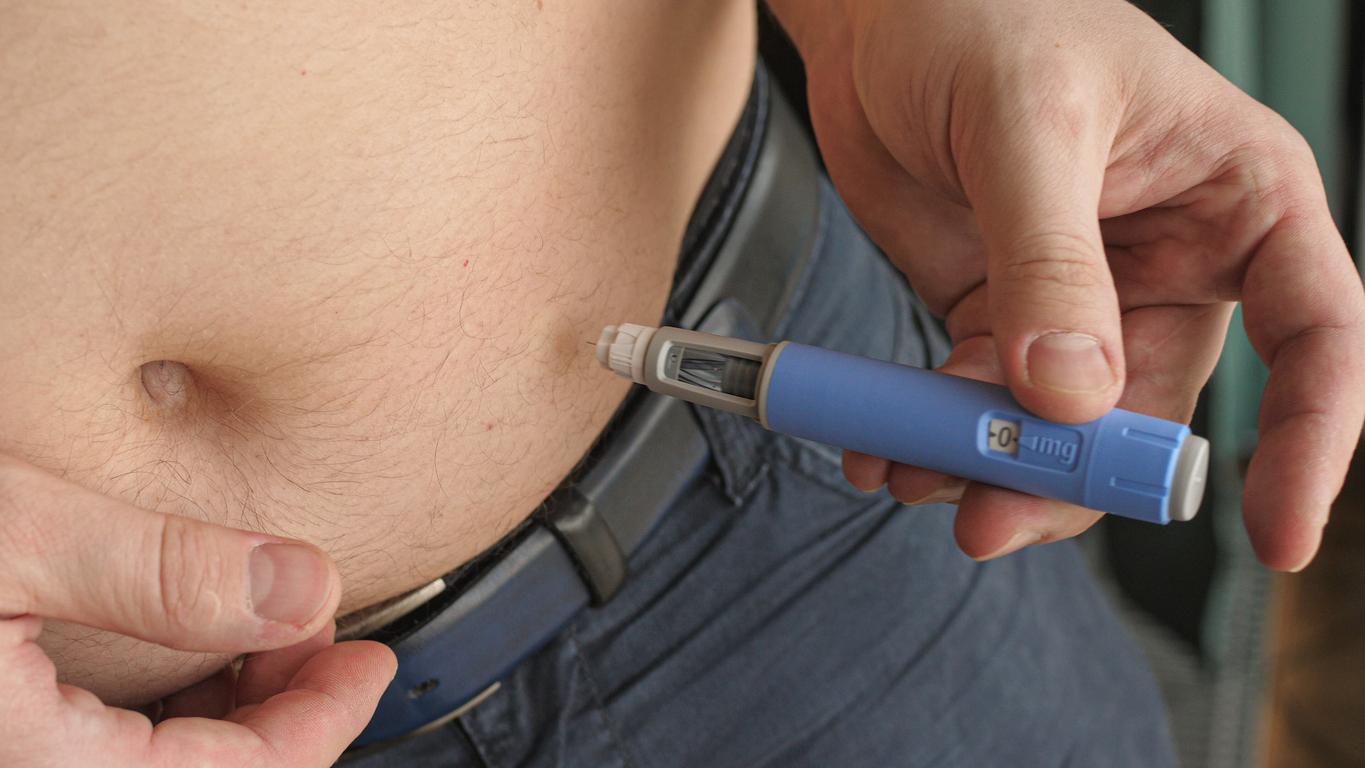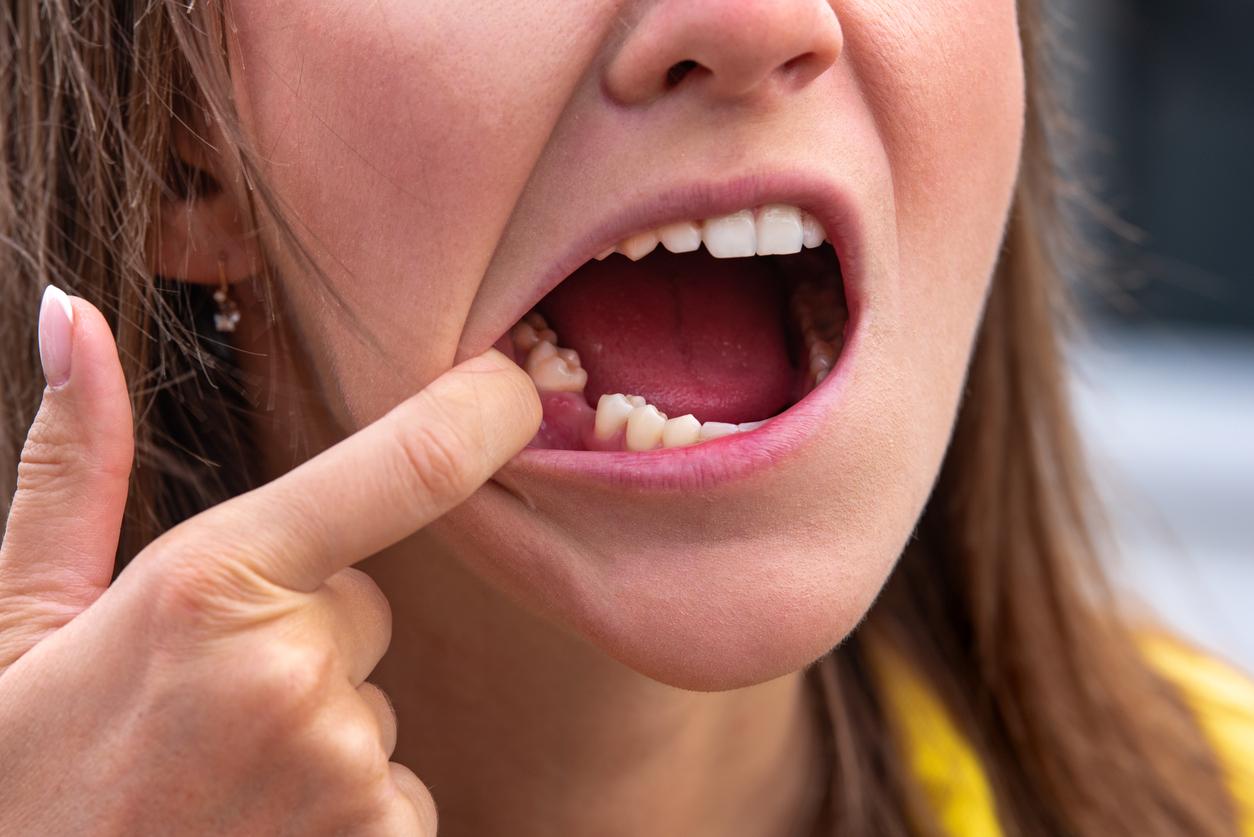
What you need to know about dieting
You hear the strangest stories about the best way to lose weight. But what is really true? Nutritionist Willemijn Wissekerke lists the most important facts and fables and explains.
Movement is necessary while slimming
Fact. If you want to lose weight properly, you have to burn more than you take in. Movement can do this. In addition, exercise speeds up your metabolism, so that you will also burn more at rest.
I can’t eat sweets anymore
fable. You may eat sweets, but in moderation. If you have a real sweet tooth and you cut sweets out of your diet altogether, it will only get harder to stick with it. It is best to have something tasty no more than twice a week, so that it remains special.
I can’t fat anymore
fable. It is not good at all to omit fat from your diet. Your body does need fat, among other things, for sufficient vitamins A, D, E and K, for the construction of cells and tissues, the production of hormones and the production of bile. Of course it is wise to pay attention to the amount of fat and limit the use of saturated fat.
I have to watch my diet for the rest of my life
Fact. You have a tendency to get fat and once you’ve lost weight, you don’t automatically stay slim. You will have to eat healthy for the rest of your life and exercise a lot to maintain your weight. If you go back to your old eating pattern, the lost kilos will be back in no time.
I can’t eat potatoes or pasta
fable. This is one of the biggest thinking mistakes people make when losing weight. Potatoes, pasta and bread are not fattening, they contain a lot of important vitamins, minerals and fiber. Additives such as spreads, fatty meat and sauce will make you fat, not potatoes, pasta or bread itself.
Drinking lots of water is important for weight loss
Fact. Drinking plenty of fluids is important to ensure that waste products produced during weight loss are quickly removed from your body. In addition, drinking a lot is also important if you get a lot of fiber, otherwise the fibers will stick in your intestines and you can suffer from constipation. Water (or tea) is best to drink.
I better not have breakfast
fable. Leaving out breakfast is not a good idea if you want to lose weight. This will make you more hungry and probably eat more at your next meal. It is also important to get your metabolism going in the morning so that you can properly process everything you eat and drink for the rest of the day.
I can weigh the best but not too often
Fact. Your weight can vary a lot during the week. This is caused by your diet, exercise, the weather and hormones also play an important role in women. It is therefore best to weigh yourself once a week. Always do this on the same day and time, then your image will be the most reliable. If you really want to, you can also weigh yourself daily. Keep in mind fluctuations in your weight. You will notice after a while that this is normal.
I can’t take snacks
fable. This is also a common mistake. Snacks are allowed because they ensure that you eat less during the main meals. Of course, always opt for slim and healthy snacks, such as fruit and raw vegetables.
Vary your eating pattern
Fact. All different foods contain different types of nutrients, such as carbohydrates, proteins and fats. But there are also many differences within the product group in terms of amounts of vitamins and minerals. It is therefore important to vary well, so that you get enough of all nutrients.
I am not allowed to eat after 8 pm
fable. This is a very well-known fable. Eating in the evening will not make you fat! It is about the total intake over the entire day. The time at which you eat is then not important. You get fat from more food than you consume.
Liesbeth van Rossum is an internist and endocrinologist and Mariette Boon is an internist in training and researcher into brown fat. Together they wrote the bestseller ‘Fat important‘. This duo knows all about body fat and how you can influence it. Do you want to lose weight? Listen to the podcast below before you start a diet, because then you can avoid common mistakes.

















